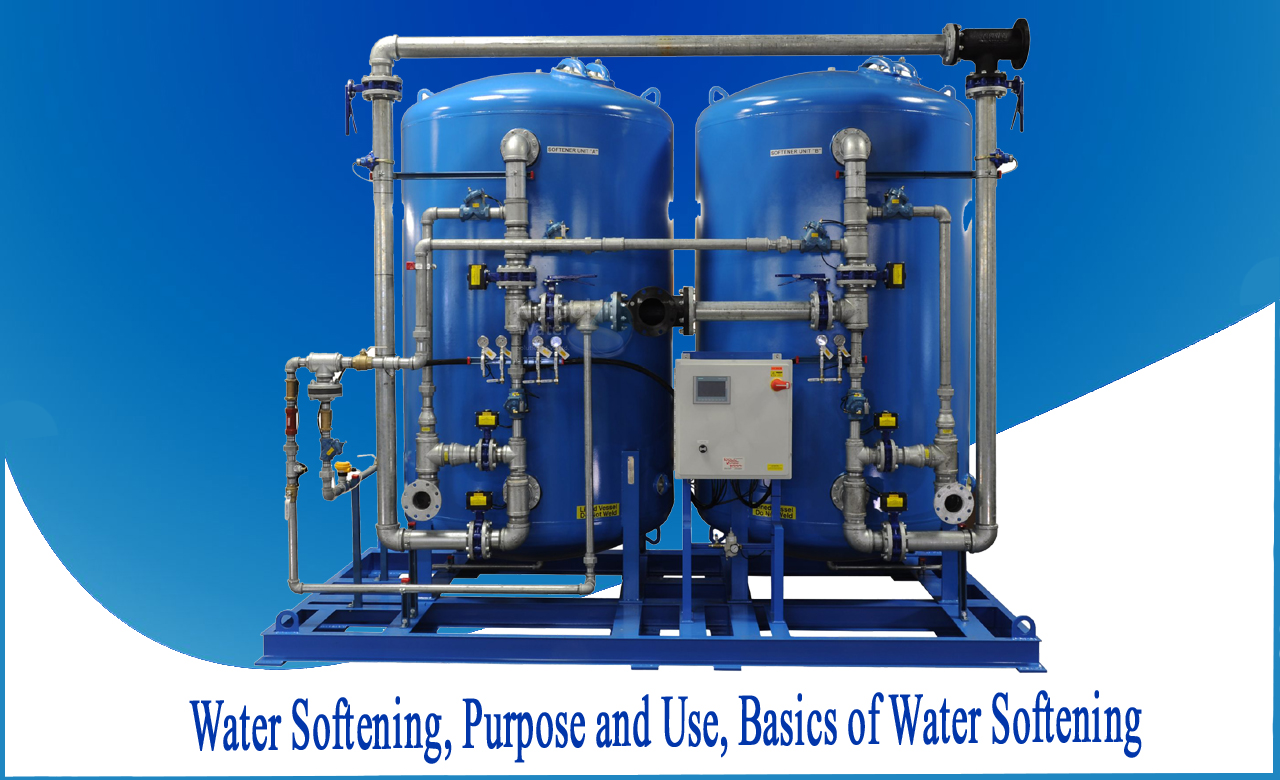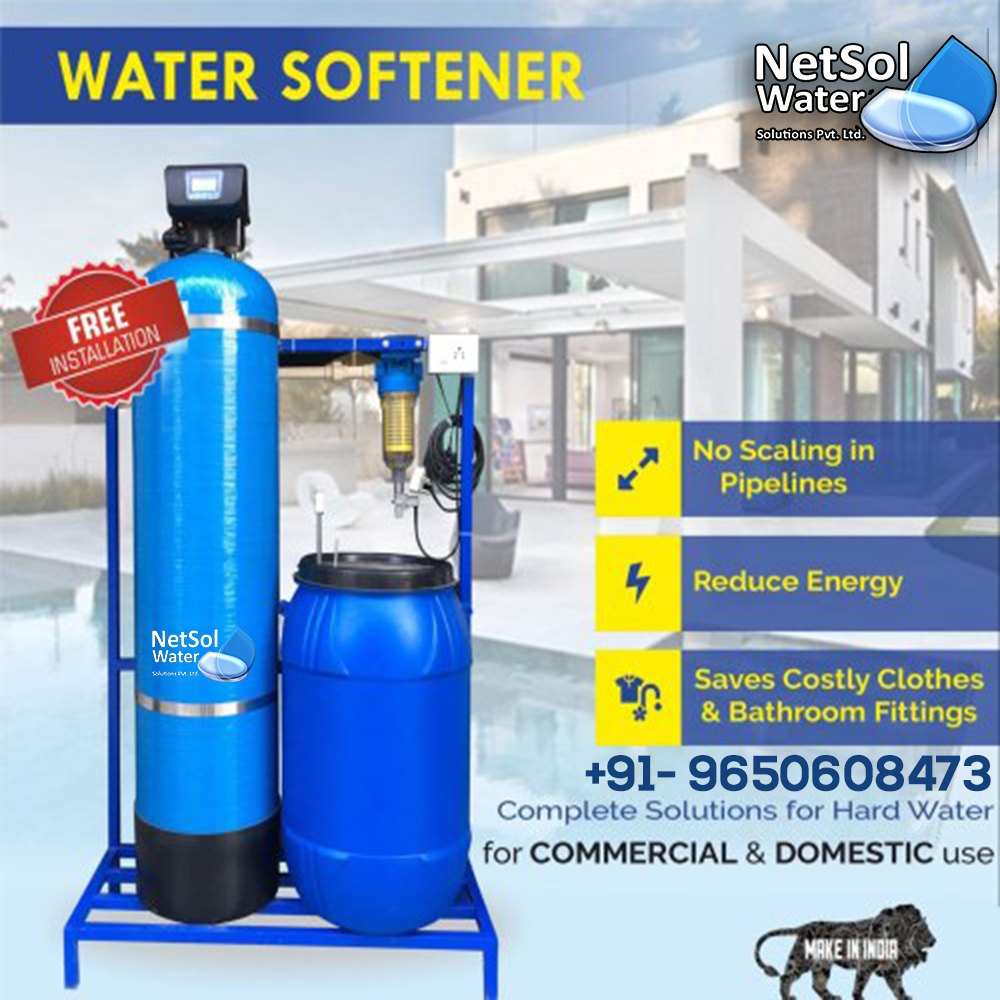What is the process of water softening?
Hard water is famous for clogging pipes and making soap and detergent dissolving in water more difficult, and is defined as water that has a large quantity of calcium and magnesium.
Water softening is the process of eliminating the ions in water that cause hardness, most often calcium and magnesium ions. Iron ions may also be removed during the softening process.
What is the purpose and use of water softening?
Water softening is an important technique, since it reduces the hardness of water in businesses and homes. When the water is hard, it can block pipes and make soap dissolve more slowly. These detrimental impacts can altogether be avoided by water softening.
In a residential water system, hard water increases the likelihood of lime scale deposition. Pipes become easily clogged as a result of the lime scale build-up, and the efficiency of hot boilers and tanks is lowered. Domestic water heating costs rise by roughly 15% to 20% as a result of this. Another disadvantage of lime scale is that it causes damage to home appliances, such as washing machines, as well as the lifespan of pipes. It also helps solar heating systems, air conditioning units, and a variety of other water-based applications perform better and last longer.
What does a water softener do?
1: Water softeners are specialized ion exchangers that are used to remove positively charged ions from water. Calcium (Ca2+) and magnesium (Mg2+) ions are mostly removed by softeners. These minerals, calcium and magnesium, are known as 'hardness’ minerals.
2: Softeners are occasionally used to get rid of iron. The softening devices may remove up to five milligrams of dissolved iron per litre (5 mg/L) from the water.
3: Softeners can be operated manually, semi-automatically, or automatically. Each kind is evaluated according to how much hardness it can remove before requiring regeneration.
4: A water softener accumulates hardness minerals in its conditioning tank and flushes them out to drain on a regular basis.
5: Water softening is frequently done with ion exchangers. When a water softening ion exchanger is used, it replaces the calcium and magnesium ions in the water with other ions such as sodium or potassium. The sodium and potassium salts of the exchanger ions are added to the ion exchanger reservoir (NaCl and KCl).
What is an average lifespan of a water softener?
A decent water softener may last a long time. Softeners from the 1980s may still operate, and many of them require minimal care other from replenishing them with salt every now and again.
What is the price of a water softener?
Because certain softeners are more efficient than others, the prices may vary. Softeners that work on a timer or are regulated by a water metre are both available. Per pound of salt, the water meter-controlled units generate the softest water.
Some water softeners are powered by electricity, while others are powered by water. The cost of a water softener is highly dependent on the type of softener and the type of energy utilized, as well as the hardness of the water to be softened and the amount of water consumed. The expense of softening increases when the water is particularly hard and is used often.
Is it okay to drink softened water?
All of the essential minerals that humans require are still present in softened water. Only the calcium and magnesium content are removed, and sodium is supplied during the softening process. As a result, softened water is usually entirely safe to drink. It is recommended that softened water have no more than 300mg/L sodium.
Because of the high salt content following the softening process, softened water should not be used for the manufacturing of infant milk in locations with very high hardness.
Are you looking for the most cost-effective Water Softeners in India?
Netsol Water experienced advice can guarantee that your industrial water meets or surpasses industry requirements for filtration, passing inspections with flying colours. Based on your plant's demands, process parameters, and the amount and flow rate necessary for your systems, we will carefully construct the optimum industrial water treatment solutions including Industrial Reverse Osmosis Plants and Water Softeners.
Our industrial water softeners come with corrosion-resistant carbon steel or fibreglass tanks for maximum customization. Top-of-the-line flow technology aids in upfront cost reductions as well as long-term maintenance savings. This enables for the creation of a unique industrial water softening system that is correctly suited for your process requirements, reducing both initial and ongoing costs. Our industrial water softening range is the most comprehensive in the industry, meeting the most stringent hardness and scale reduction standards.




